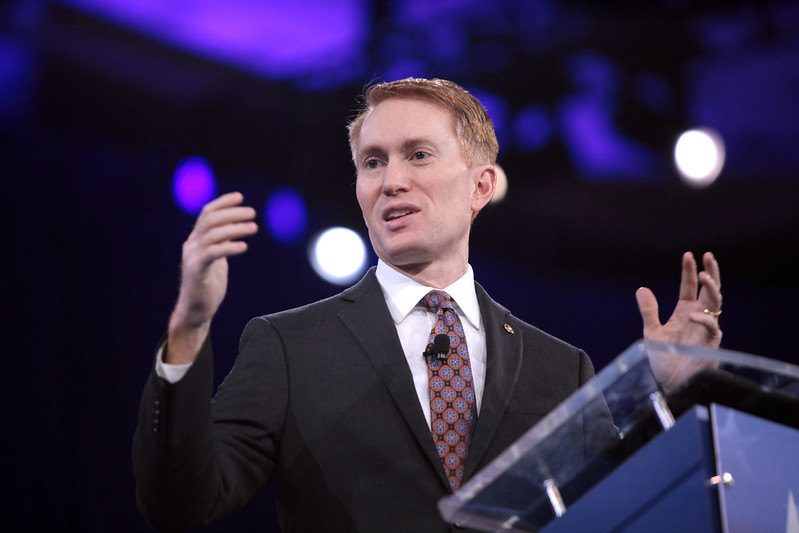
Government shutdowns are a waste of taxpayer money and are bad for the country. They are frequently used by politicians as leverage during budget negotiations, and taxpayers are on the hook for these blatantly political tactics.
In previous shutdowns, Congress has routinely given furloughed federal employees full pay for every day of work missed during the shutdown. Because backpay is de facto guaranteed, government shutdowns serve as a kind of paid vacation for federal employees.
Thankfully for taxpayers, Congress is considering a commonsense, bipartisan solution to this problem. Senator James Lankford (R-Okla.) and Maggie Hassan (D-N.H.) have introduced S. 589, the Prevent Government Shutdowns Act (PGSA), legislation that establishes an automatic continuing resolution (CR) to prevent government shutdowns.
The Prevent Government Shutdowns Act has strong bipartisan support including Homeland Security and Governmental Affairs Committee Chairman Ron Johnson (R-Wis.), and Senators Joni Ernst (R-Iowa), Lisa Murkowski (R-Alaska), Jacky Rosen (D-Nevada), and Sheldon Whitehouse (D-R.I.). Chairman Johnson recently moved the legislation through his Committee where it passed with a bipartisan majority of 12-2 (the two no votes were Republicans with similar bills).
If Congress fails to pass an appropriations bill funding a program or activity by October 1st of each fiscal year, the PGSA would trigger an automatic CR that funds the program at last year’s levels. This process would eliminate funding lapses that cause government shutdowns.
However, Sen. Lankford’s bill would implement a number of new restrictions on lawmakers to ensure an expedited compromise on future funding levels.
During a period of lapsed appropriations, there will be:
- No taxpayer-funded travel allowances for White House OMB staff and leadership, members of Congress, committee and personal staff in the House and Senate, or official travel within D.C.
- No CODEL or STAFFDEL delegation travel, and no travel reimbursements of any type, including for state staff.
- No use of campaign funds by Congressional offices to pay for travel or other expenses.
- No other votes made in the House and Senate unless they pertain to the passage of an appropriations bill. Members are also prohibited from making motions to adjourn or recess the House or Senate for longer than 23 hours.
Members can waive these restrictions if they meet a two-thirds majority vote threshold in each chamber. After 7 days, the restrictions automatically snap back into place.
The CBO has estimated that the PSGA will cost $12.6 trillion over the next decade. This is an incorrect assessment that ignores how the PGSA actually impacts the appropriations process. While a permanent auto-CR would add $12.6 trillion to the mandatory side of the budget, the auto-CR would reduce the size of the discretionary budget by $14.1 trillion over the next decade. The net impact would be $1.5 trillion in savings, not $12.6 trillion in costs.
In reality, the auto-CRs would not take permanent effect, as they are simply a stopgap measure for when funding lapses. According to the Congressional Research Service, there have only been an average of 3 full days of funding lapses per year over the past three decades. Since the auto-CRs hold spending to last year’s levels, Congress would generally spend around the same levels they otherwise would have.
The Prevent Government Shutdowns Act is a commonsense piece of legislation that will benefit American taxpayers. The bill’s combination of restrictions and incentives would reduce the intensity surrounding the appropriations process and encourage lawmakers to hammer out a deal that averts a government shutdown. Avoiding government shutdowns is good for taxpayers, as they are no longer on the hook for federal services that furloughed employees do not do. Congress should pass this legislation, and President Trump should sign it into law.

